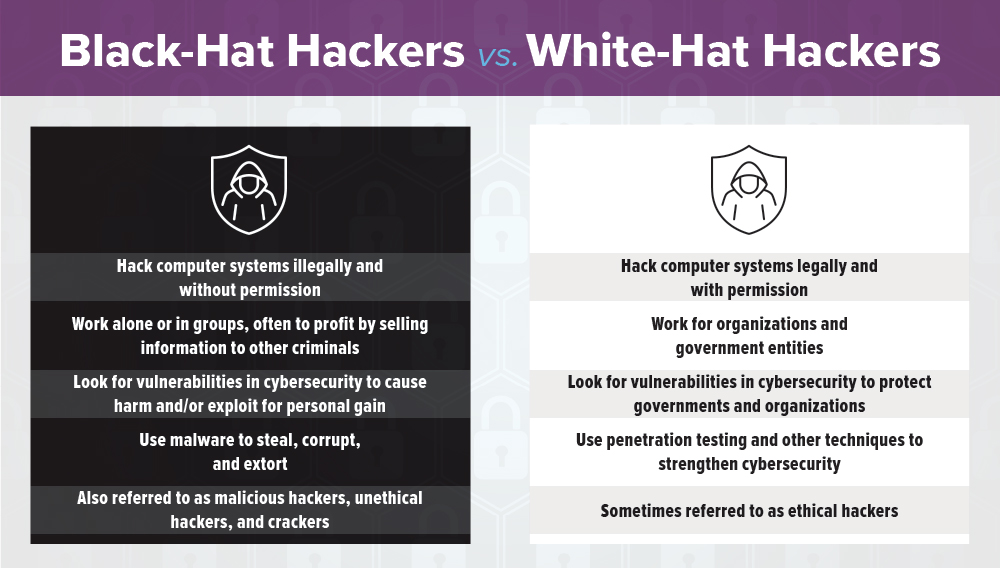Albany, N.Y. – Excelsior University was recently recognized as a Center for Academic Excellence in Cyber Defense (CAE-CD) by the National Centers of Academic Excellence in Cybersecurity Program Management Office. The CAE-CD designation acknowledges Excelsior’s institution-wide commitment to cutting-edge cybersecurity education. First awarded a CAE-CD in 2014, Excelsior’s current redesignation extends through 2029.
Managed by the National Security Agency’s National Cryptologic University, the National Centers of Academic Excellence in Cybersecurity program recognizes higher education institutions with CAE-CD designations as part of a collaborative cybersecurity education program that aims to strengthen national cyber defense by establishing strong standards for curriculum and academic excellence. Excelsior is one of 25 institutions in New York state that currently qualify for CAE-CD status. The University earned its redesignation through an in-depth assessment, meeting rigorous requirements which include maintaining high standards of academic distinction, developing cybersecurity competency among students and faculty, integrating cybersecurity practice across academic disciplines, and actively engaging in solutions to challenges facing cybersecurity education.
“Redesignation as a CAE-CD institution reflects Excelsior University’s leadership in the national cybersecurity conversation,” said Scott Dolan, executive dean of Excelsior University’s College of Liberal Arts and Sciences. “This recognition assures current and prospective students that Excelsior’s cybersecurity curriculum meets the high standards of the National Security Agency, one of the largest employers in the field. As students enter or progress in the cyber defense workforce, this designation demonstrates that they are learning the crucial skills, concepts, and practices that will serve them professionally as they work to protect the security of individuals, organizations, and the nation. We are proud of the hard work of our faculty and staff in earning this prestigious recognition.”
Excelsior University’s online, career-aligned, interdisciplinary bachelor’s and master’s degree programs in Cybersecurity prepare students for advancement in the areas of cyber operations, cybersecurity management, cybersecurity technology, and nuclear cybersecurity, as well as for industry certification exams. Since 2017, Excelsior students have had the opportunity to practice what they learn by participating in the National Cyber League’s cybersecurity competitions. Through a series of challenges, students demonstrate their ability to identify hackers from forensic data, break into vulnerable websites, recover from ransomware attacks, and more. The National Cybersecurity Institute (NCI) at Excelsior University is an academic and workforce development center dedicated to assisting government, industry, military, and academic sectors meet the employment challenges within the cybersecurity workforce. Collaborating with both public and private industry, NCI is leading a coordinated effort to build a diverse, equitable, and inclusive cybersecurity workforce and influence an informed leadership that implements cutting-edge education and policy.
For more information on Excelsior University’s nationally recognized cybersecurity and technology programs, visit https://www.excelsior.edu/programs/technology.
# # #
Media Contact Excelsior University:
Jason Bonafide, jbonafide@excelsior.edu, 518-608-8446
ABOUT EXCELSIOR UNIVERSITY
Excelsior University is an accredited, not-for-profit online institution focused on helping adults complete their degrees and advance their careers. Excelsior contributes to the development of a diverse, educated, and career-ready society by valuing lifelong learning with an emphasis on serving individuals historically underrepresented in higher education. Founded in 1971, Excelsior meets students where they are — academically and geographically — removing obstacles to the educational goals of adults pursuing continuing education and degree completion. Our pillars include innovation, flexibility, academic excellence, and integrity.
ABOUT THE NATIONAL CENTERS OF ACADEMIC EXCELLENCE IN CYBERSECURITY PROGRAM
The National Centers of Academic Excellence in Cybersecurity program is managed by the National Security Agency, and housed within NSA’s schoolhouse, The National Cryptologic University. The National Cryptologic University designs, develops and delivers curriculum in cryptology, cybersecurity, language and leadership to members of the intelligence community.





